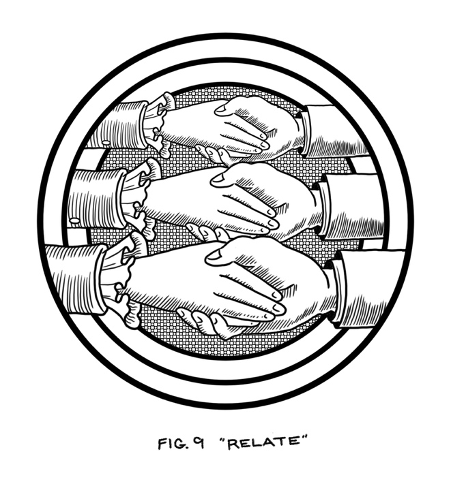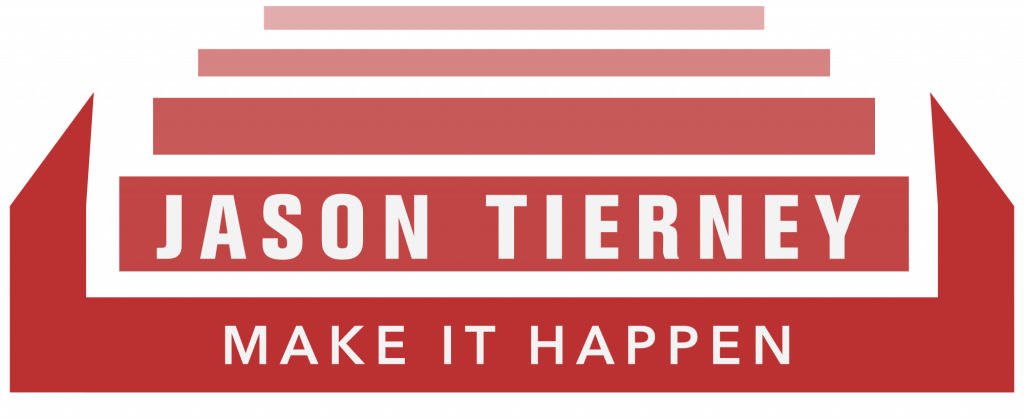“When you show deep empathy toward others, their defensive energy goes down, and positive energy replaces it. That’s when you can get more creative in solving problems.” —Steven Covey
 One or more of the Four Obstacles to Selling pop up when a sleep patient opts not to move forward with oral appliance therapy, when a physician says they won’t refer PAP failures to your practice, and when the guy in your chair is built like a linebacker with a 19 inch neck and completely flattened cusp tips, but he declines your recommendation for a sleep test.
One or more of the Four Obstacles to Selling pop up when a sleep patient opts not to move forward with oral appliance therapy, when a physician says they won’t refer PAP failures to your practice, and when the guy in your chair is built like a linebacker with a 19 inch neck and completely flattened cusp tips, but he declines your recommendation for a sleep test.
The only way to overcome Stranger Danger, Square Pegs, and Empty Promises is to R.E.A.D. the Room. Because you just clicked that link and read my previous article, you know that Relating is the first step to creating common ground and building trust.
Thanks to traffic, you started the day a few minutes late. Of course, you’re busy and stressed, and time is a scarce resource. This is not unique to dentists, of course; it’s the same for any human being living in the 21st century.
In these harried times, one of the first casualties is empathy—relating to the plight of another.
“Rainy day out there, huh?” Are you a freaking meteorologist on Channel 5? Or are you considering pitching this dentistry thing and focusing your career on becoming Captain Obvious full-time?
Small talk is fine, but a robocaller or ChatGPT can do that better than you can. Quit being an asocial weirdo, buzzing from op to op like a Tasmanian devil. Empathize with the human in front of you. Building real connections doesn’t have to monopolize your time. Update the patient notes with any personal matters you pick up on. If they’re wearing a 5k shirt, ask how they did in the race. If they have on a Cincinnati Bengals hat, ask if that’s their team.
Pay attention to cues that give you important information—vital details about who your patient is beyond “36 y/o male.” Next time they come into the office, take 10 seconds to review the patient notes. Then stroll into the operatory and start with, “Run any races lately?” or “How’re the Bengals’ doing?” These are simple steps that go a long way to reduce personal pressure.
 Distrust is high when your prospect doesn’t know you or your intentions. We’ve evolved to evaluate outsiders as potential threats while looking for similarities. In his seminal book Influence, psychologist Robert Cialdini writes, “We like people who are similar to us. This fact seems to hold true whether the similarity is in the area of opinions, personality traits, background, or lifestyle.” Yankees fans like to be around other Yankees fans. Fans of the Fast & Furious movies like to hang out with other fans of the series. And I’d prefer not to hang out with any of those people.
Distrust is high when your prospect doesn’t know you or your intentions. We’ve evolved to evaluate outsiders as potential threats while looking for similarities. In his seminal book Influence, psychologist Robert Cialdini writes, “We like people who are similar to us. This fact seems to hold true whether the similarity is in the area of opinions, personality traits, background, or lifestyle.” Yankees fans like to be around other Yankees fans. Fans of the Fast & Furious movies like to hang out with other fans of the series. And I’d prefer not to hang out with any of those people.
During the initial stages of a prospective business relationship, the prospect or patient may not be particularly motivated to keep things moving with you because they don’t know you or trust you enough yet. It’s your job to lower the personal pressure by relating, highlighting similarities, looking the part, and using mirroring language. Increase functional friction by clearly demonstrating your intent to move forward in a mutually beneficial manner.
Once you’ve properly done this, the world is your oyster. People will trust you, and they’ll be eager to open up to you.

BUILD TRUST
This process needn’t take a long time,
and there are actions you can take to ratchet up the pace. If you go too fast, though, it can have a deleterious effect and extend the timeline. Worst case, it might even halt progress.
 Mirroring language is an excellent way to accentuate similarities and cultivate trust. If your patient says, “At the end of the day, I just want to sleep through the night and not be tired all morning,” then you can naturally mimic that phrasing. For example, “Stacey, we’re going to do everything we can to help you sleep through the night, so you’re not exhausted all day.” It isn’t rocket surgery. Like Rob Schneider’s character says in Waterboy, “You can do it!”
Mirroring language is an excellent way to accentuate similarities and cultivate trust. If your patient says, “At the end of the day, I just want to sleep through the night and not be tired all morning,” then you can naturally mimic that phrasing. For example, “Stacey, we’re going to do everything we can to help you sleep through the night, so you’re not exhausted all day.” It isn’t rocket surgery. Like Rob Schneider’s character says in Waterboy, “You can do it!”
YOU WANT THE WHOLE ENCHILADA?
If you want effective techniques and actionable tips to improve case acceptance, increase physician referrals, and accelerate your sleep practice, check out my new book TRANSFORM DENTAL SLEEP: The Step-by-Step Guide to Doubling Your Sleep Patients, Increasing Physician Referrals, Simplifying Processes, and Improving Your Life.
Stay informed about Jason’s books, media, & adventures
